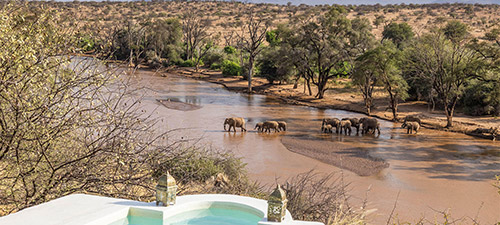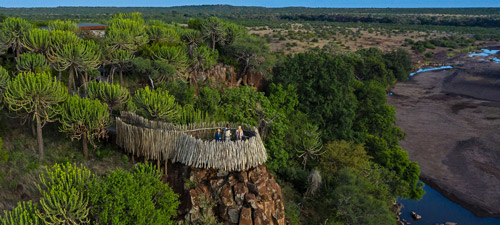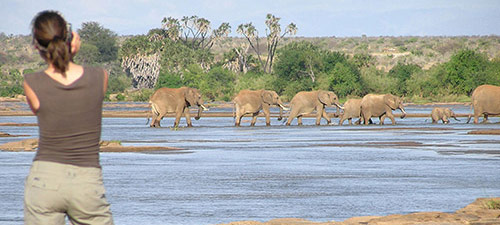The town of Ouesso lies in the heart of the rainforest in northern Congo. Spider webs of logging roads emanate from the settlement, dissected by the ‘forest highway’ of the Sangha River. The town’s location and accessibility from the forest make it a hub for the illegal wildlife trade. Bushmeat is openly sold in the markets with little regulation.
Although the spectacle of grimacing monkey carcasses and hacked crocodile tails on display at market stalls is an alarming sight to be confronted with, bushmeat has been an important source of protein for rural communities within the forest for centuries. However, today bushmeat usage has evolved from the small-scale, local consumption of the past. It has developed into large-scale exploitation with trade, shifting to the lucrative business of transporting the meat to cities for consumption by the urban elite as a delicacy, thus rendering the industry completely unsustainable.
The transportation of large amounts of bushmeat away from rural forest communities to urban areas is illegal in the Republic of Congo. At the end of 2014, the governor of Sangha province issued a statement to reinforce the application of these environmental laws – an important move for the region’s wildlife and its rural people whose livelihoods have come under threat due to the greedy exploitation of their primary food source.
In August 2015, the annual Congolese Independence Day celebration took place in Ouesso. Thousands of people travelled north from the more populated south of Congo to attend the Independence Day celebrations. The PALF (Project for the Application of Law for Fauna in the Republic of Congo) sniffer dogs were posted on the main road out of Ouesso to search the mass exodus of vehicles from the north during the days following the 15th.





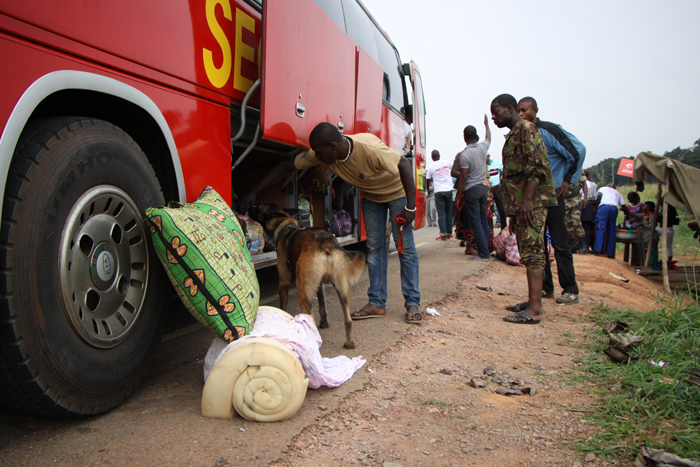
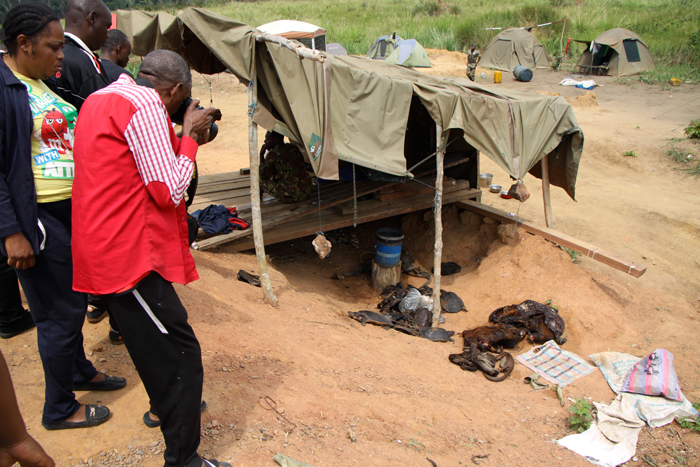
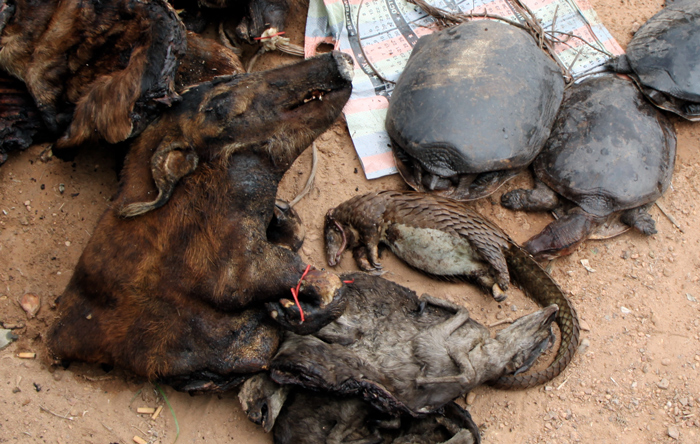
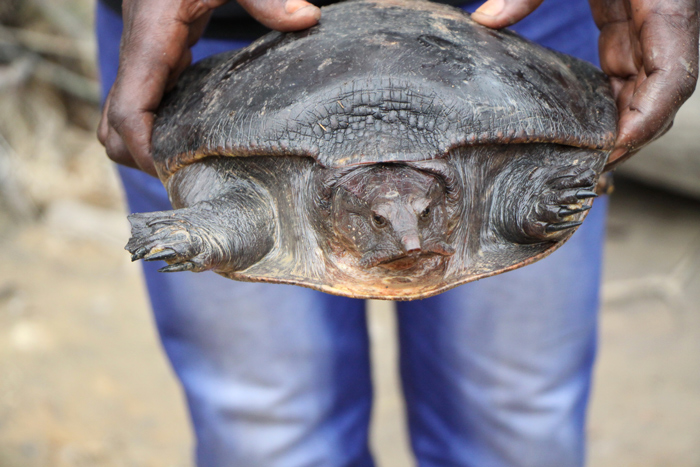
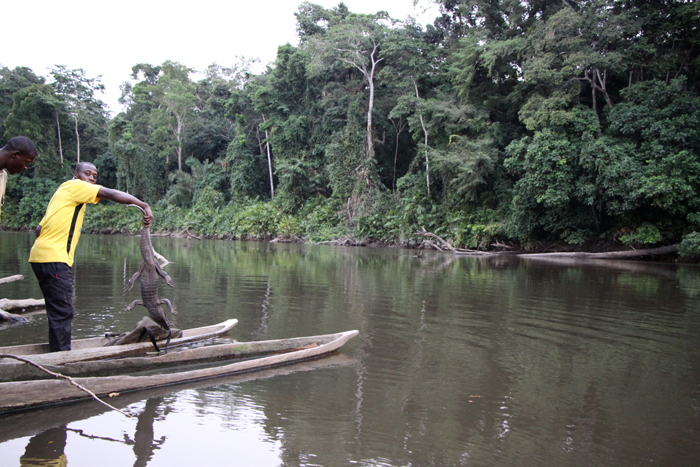
Read more about dogs working in Africa: Conservation’s Best Friend
To comment on this story: Login (or sign up) to our app here - it's a troll-free safe place 🙂.![]()



